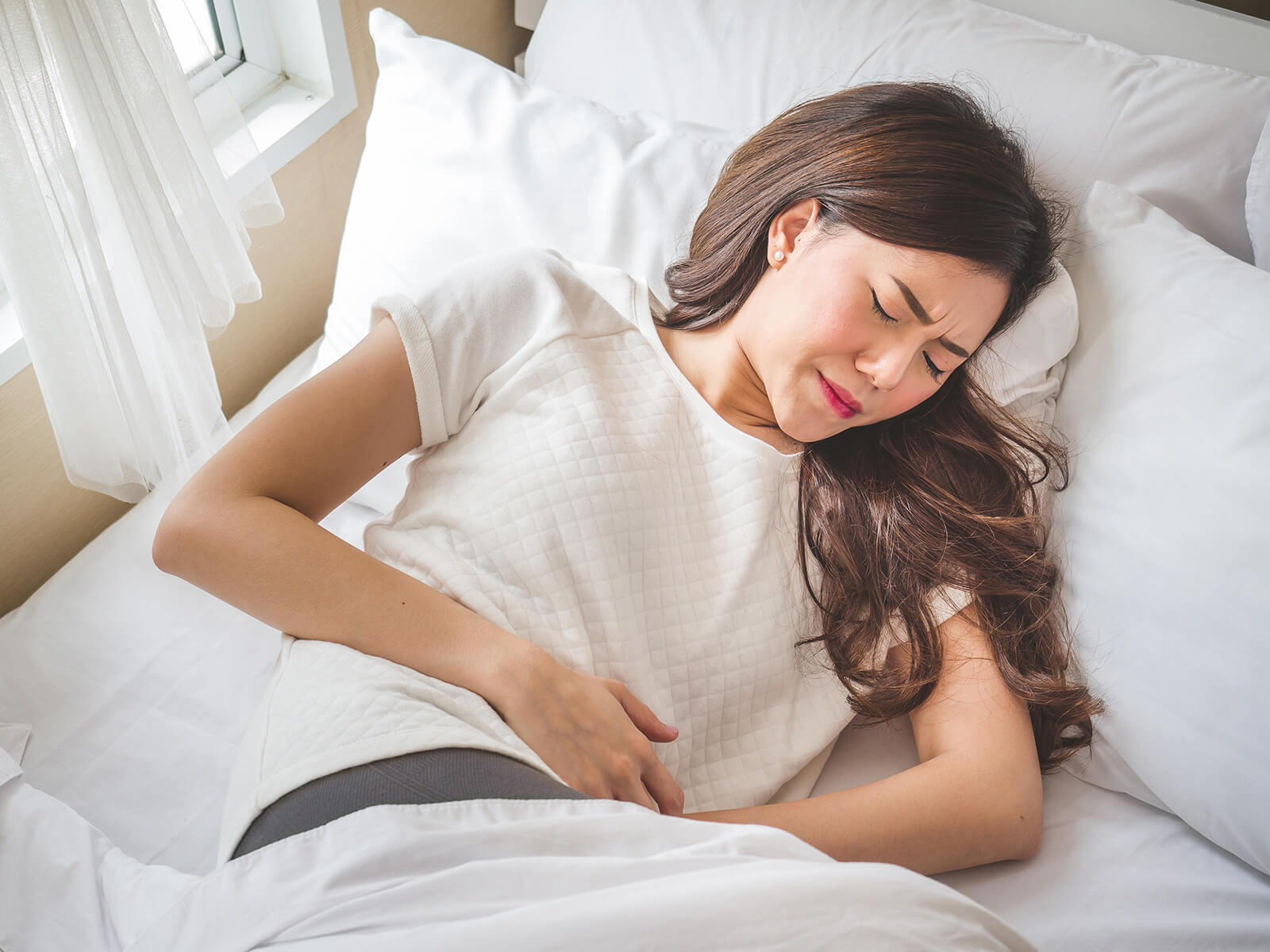
Backwash ileitis inflammation of the terminal end of the small intestine, the ileum, due to the stress of the severe ulcerative colitis in the colon to the ileum. This causes a flattened or non-intact surface, small and shallow ulcers in an erythematous, swollen lining.
The symptoms tend to resemble a severe case of an exacerbation of ulcerative colitis and may include:
Most common causes of backwash ileitis include; severe ulcerative colitis although other causes exist:
The treatment and diagnosis of backwash ileitis with the latest and evidence-based interventions are the priorities of our competent personnel at GastroDoxs in Jersey Village. Our services are of high standard and quality because we tailor nutrition, stress-reduction practices, and advanced medical services to your specifications. You are ready to take care of your gut? Reserve now and start your journey to a lasting reprieve.
We've successfully treated more than 2.3K patients, helping individuals improve their digestive health and overall well-being through expert, personalized care.
With over 20 years of experience, GastroDoxs has been a trusted provider of gastroenterology care, focusing on delivering the best outcomes for patients
Diagnosis is made through colonoscopy and biopsy of the terminal ileum. Your physician may also order blood and stool tests to rule out other possible conditions.
Yes. Backwash Ileitis is a common complication in patients with severe or extensive ulcerative colitis, where inflammation spreads backward into the ileum.
No. Crohn’s disease can affect any part of the gastrointestinal tract and involve all layers of the bowel wall, whereas Backwash Ileitis affects only the superficial layer of the terminal ileum associated with ulcerative colitis.
A low-residue, low-fat diet is usually recommended to reduce irritation. Your gastroenterologist will provide personalized dietary guidance to help manage symptoms and promote healing.
Some medications may cause side effects such as nausea, headache, or increased susceptibility to infection. Your doctor will monitor you closely and adjust treatment if needed.
Treatment should begin as early as possible. Early intervention helps prevent inflammation, reduce flare severity, and improve long-term outcomes.
Yes. Stress can trigger or worsen symptoms. Stress management techniques such as relaxation, counseling, or therapy can be helpful in controlling flare-ups.
With proper medical treatment and regular follow-ups, most patients are able to manage their symptoms effectively and maintain a good quality of life.
Surgery is considered only in severe cases that do not respond to medical therapy or when complications arise. Most patients can manage their condition successfully with medication.
Regular monitoring is essential. Follow-up visits are typically recommended every 3 to 6 months to assess disease activity and adjust treatment as necessary.